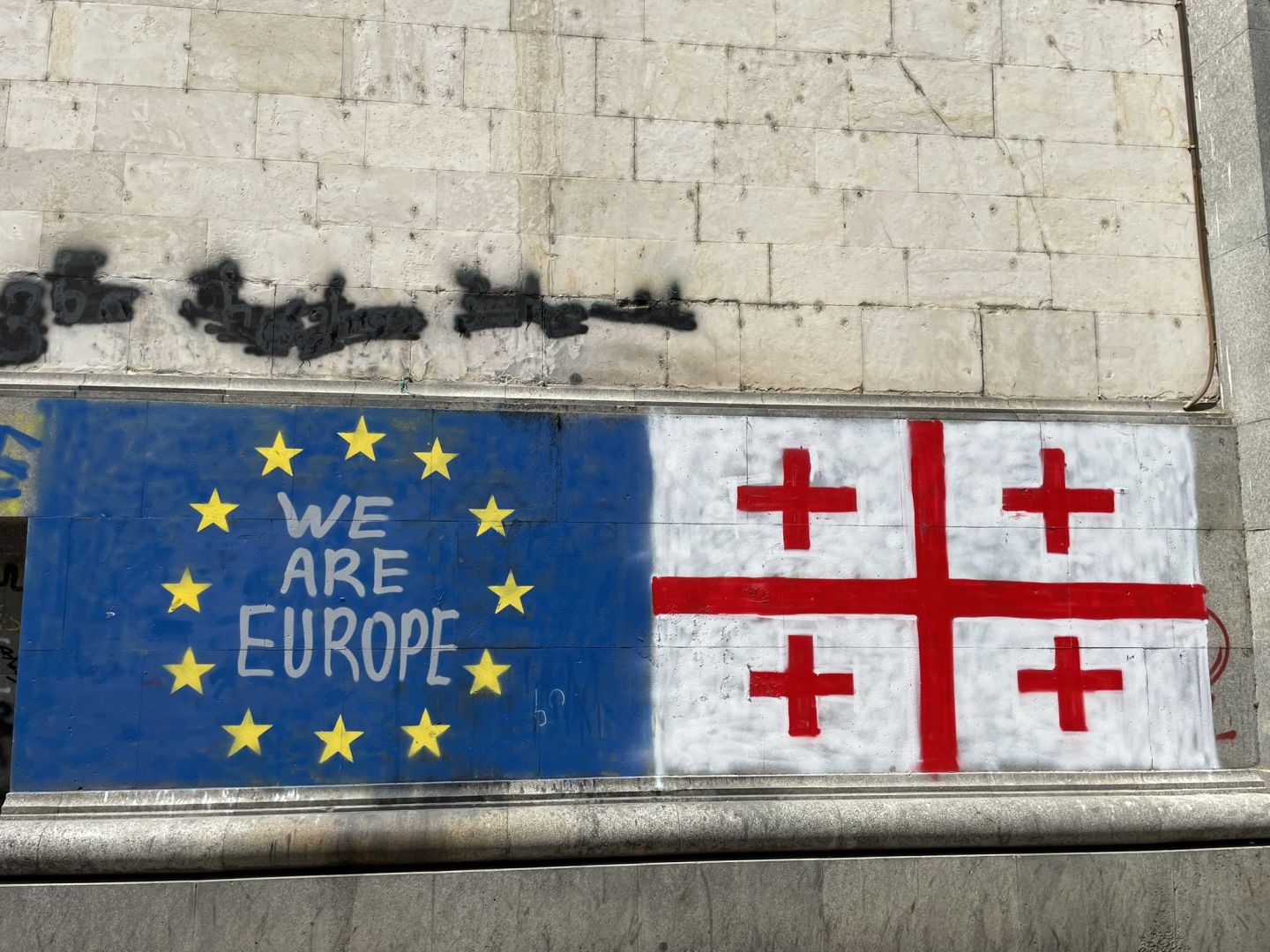Georgians are gearing up for a critical parliamentary election on October 26, where all 150 members of parliament will be elected. Despite the election being several months away, a tense atmosphere is already palpable across the country.
Prime Minister Irakli Kobakhidze has framed the upcoming election as a pivotal choice between "war and peace," stating, "The choice should be made in favor of peace, spirituality, and a bright future."
Compounding the tension, recent reports from the Russian Foreign Intelligence Service suggest that the United States may be preparing to influence the election, with claims of a potential "color revolution." This report highlights ongoing concerns about external pressures and Tbilisi's struggle to balance its relationships with the West while maintaining national sovereignty.
So, let's take a look at the recent extraordinary parliamentary elections held in Azerbaijan. Although all election procedures and the election process were conducted in accordance with the laws of Azerbaijan, the West still found a topic to criticize. First, PACE, then OSCE, and subsequently pro-Armenian politicians appeared on top stories with unnecessary claims about the restriction of democracy and freedom in the elections. However, these initiatives did not bring them success - the elections in Azerbaijan were successfully held according to the wishes of the people of Azerbaijan.
What is happening in Georgia? Ahead of the upcoming elections, the country is worried about the emergence of a chaotic situation.
Western influence is not new in Georgia. This power was able to develop itself in a diversified form within the country about 16 years ago. The plan to integrate Georgia into the West like a magnet was first started by influencing civil society. At that time, several Western donor organizations, NGOs, and foundations established a strong position in the country. Financial support from the West has already created differences within the government and among civil societies.
Such provocative policy of the West has not escaped Azerbaijan either. Similar attacks by Western institutions have been reflected in Azerbaijan. Azerbaijan's victory in the Patriotic War in 2020 not only changed the geopolitics of the region but also shook the West. The forces that want to create chaos and disorder in Georgia today tried to do the same in Azerbaijan 4 years ago. Their West's double standards and its intention to end the former Garabagh conflict for their own benefit exposed the true goals of those institutions.
By criticizing the elections in Azerbaijan, the Council of Europe and the OSCE prove that their plans have failed. Because interfering in the internal affairs of Azerbaijan is not mentioned in any legal principles. Organizations of the Council of Europe and some Western institutions, that want to repeat the same scenario in Georgia, have turned into a dark cloud over the head of Tbilisi today. The provocation that can happen in the country at any moment does not guarantee what tomorrow will be like.
Azernews spoke with experts in Georgia and across the world to gauge local perspectives on the situation and what might lie ahead for Tbilisi. Former Georgian Minister of Education and Science, Gia Nodia, gave an insight into the current affairs.
According to him, today Georgia is left between two options. On the one hand, Western pressure and on the other, the Georgian Dream party, which is against the West, contradictions can lead to serious complications in the country.
"This will really be a momentous election for Georgia, which will define the direction of the country, what kind of country Georgia will be, and not just who will be in the government."
Yes, it is not who will be elected here, but how the country will be, and what fate awaits the country is more important.
The West has practically shown in its experience that it is trying to establish a platsdarm attracting countries like Georgia and Armenia. The situation in Armenia today is a clear example of this.
Georgia is still paying the price for the mistake it made in 2008. Georgia, which went to war with Russia at the behest of the West, lost its territories, and today the West is still using its influence to drag the country into the next cataclysm.
British political and economic analyst Neil Watson said that the only reason why the West tries to deal with the internal issues of Georgia, Armenia, and Azerbaijan is related to Russia. According to him, Georgia and Armenia at this very moment, are of equal importance for the West.
"In my view, actually, western policy in Georgia and Armenia are interlinked on one basic level. The West sees Russian influence in the South Caucasus waning, due to Russian preoccupation with the conflict in Ukraine. It is therefore trying to step into the void by supporting a political party in Georgia and the government in Armenia.
Furthermore, supporting Armenia will attract support for existing regimes from the Armenian diaspora and their right-wing, islamophobic sympathisers. In addition, the West does not appreciate Azerbaijan’s non-aligned, completely independent, pragmatic stance which maintains excellent relations with Russia, Turkiye, Israel, all former Soviet Republics, and the West, to its ultimate advantage," the expert said.
---
Follow us on Twitter @AzerNewsAz

